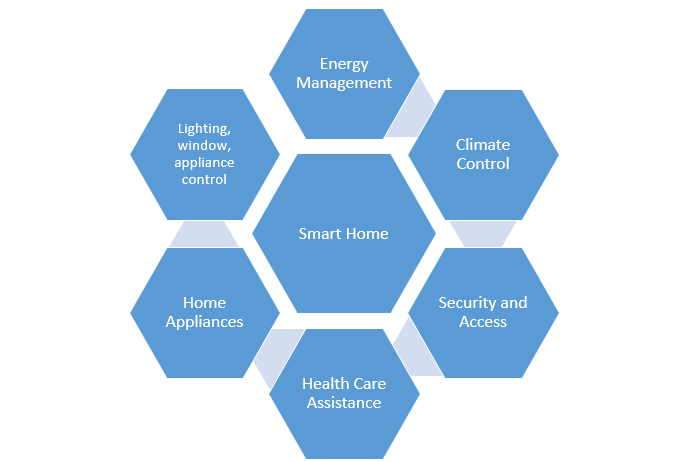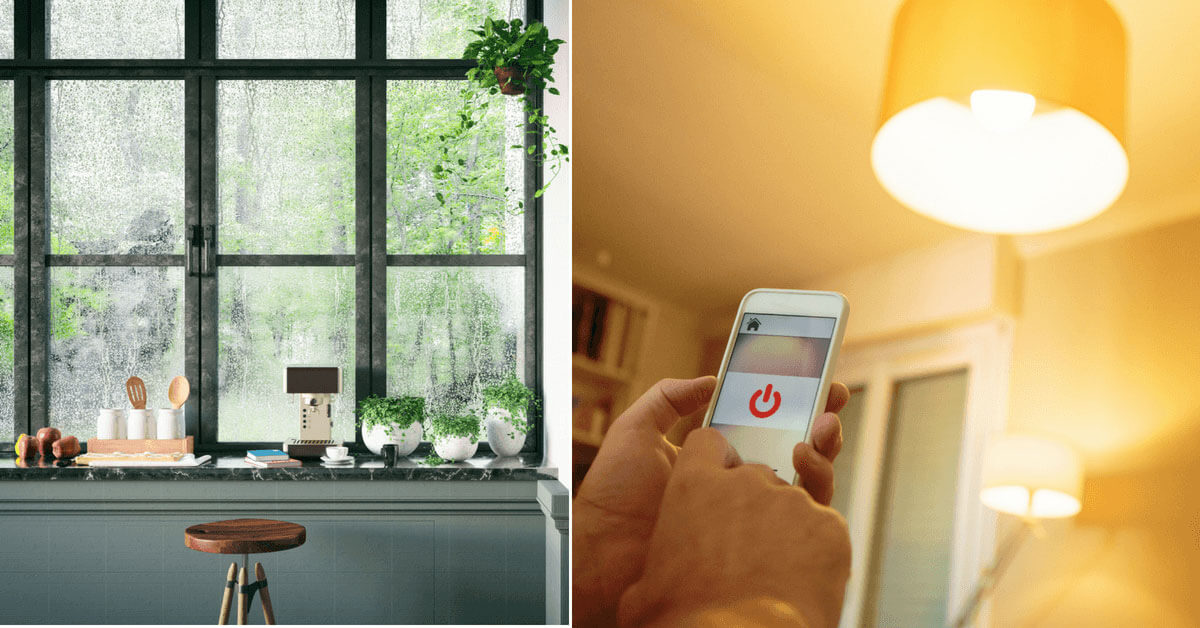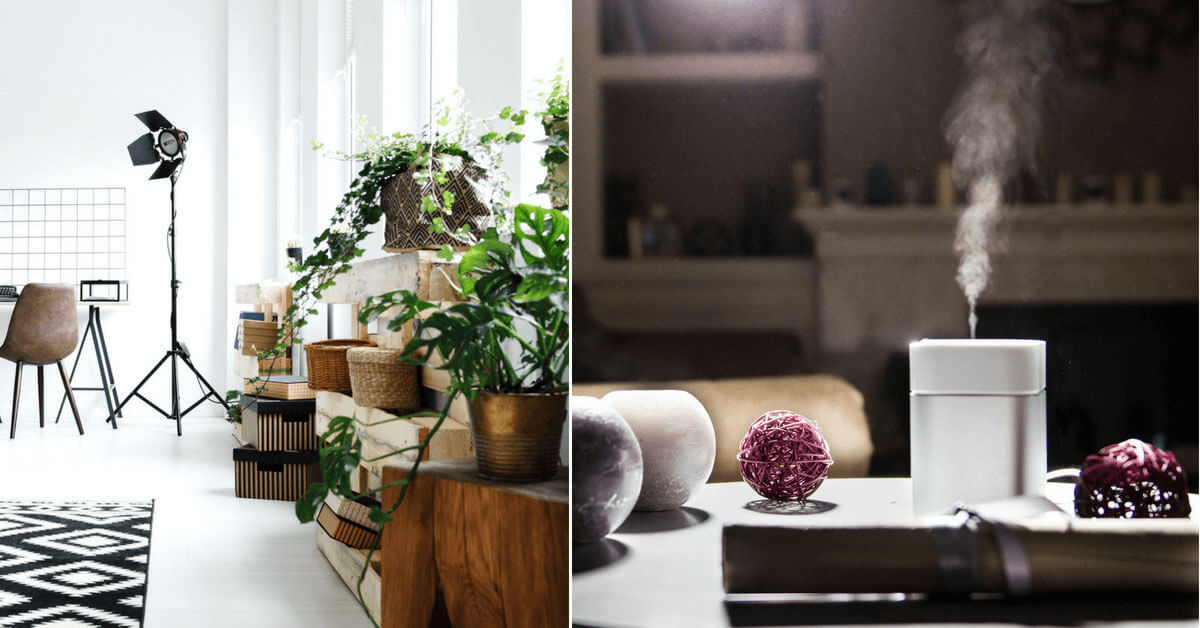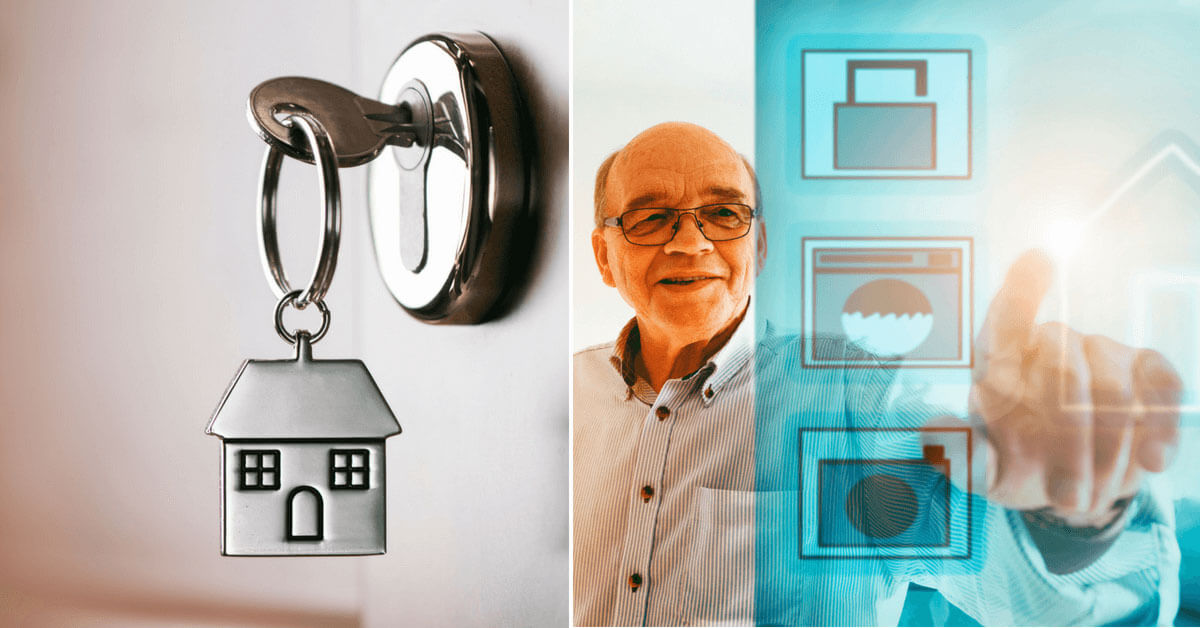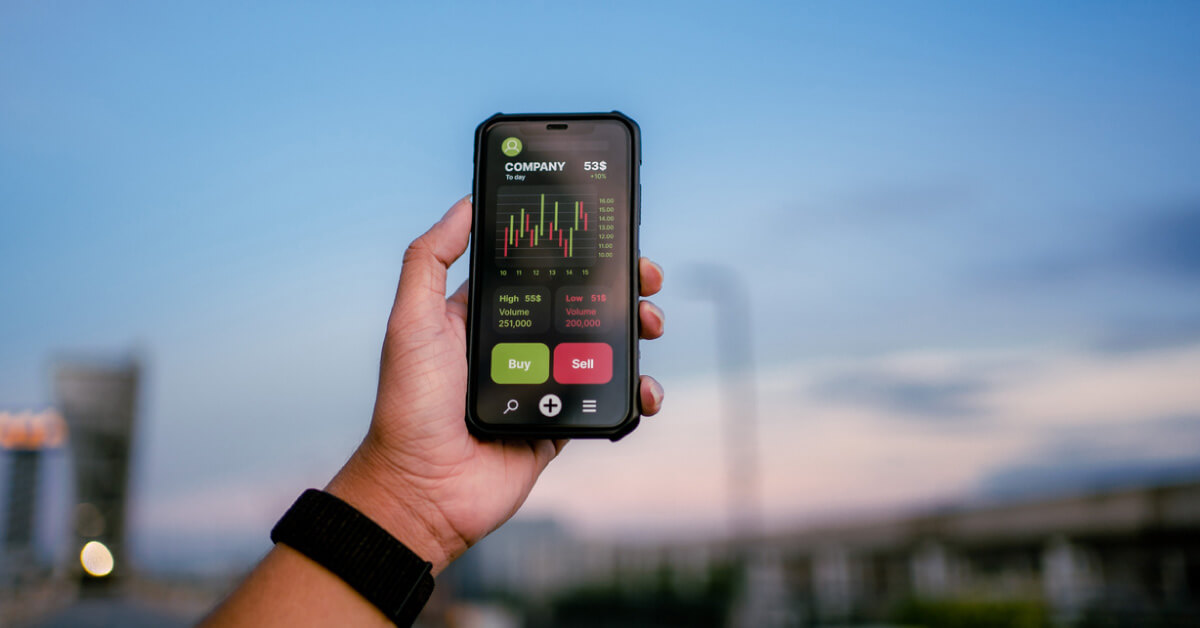Are you ready for home automation?
From kampong houses to HDB flats, condominium and landed properties, technology has been transforming our home and lifestyle. Magic mirrors that show us more than our physical appearance is now a reality, and we can actually be a couch potato (literally!) while controlling various electronics around the home. These new home technology are appealing but do we really need them? Read on to find out more about home automation and whether you’d be better off with a traditional or smart home!
What is home automation?
Ten minutes after you woke up, your Google Assistant quipped, “Your coffee is ready, Sara”. Home automation is as such, where home functions are being programmed to perform automatically without you lifting a finger. In case you think that this is only for lazy people, a smart home can improve efficiency, convenience and sustainability. You can save time, and energy while enjoying the perks of technology… … at a cost.
Home automation covers:
Traditional vs Smart home
Now, let us look at some home essentials from past to present as well as the pros and cons to help you decide if the smart home gadgets suit you well. In this part 1 of 2 ‘Traditional home vs Smart home’ article, we shall look at light, air, and security for your home.
- Natural lighting vs Smart lighting
Lighting is one of the most important elements in home decoration, since it can affect our mood, performance and mental health. Traditionally, one tries to make the most of natural light by clearing the clutter (especially near window), strategically placing mirrors and painting the rooms with a light colour.
On the other hand, we have smart lightings such as the Philips Hue, Belkin WeMo LED, Xiaomi Yeelight Smart LED, etc. that allow one to enjoy different ambience with changing hues. You can sync lights to music and movies, wake up and go to sleep naturally, and control your lights remotely. While a starter kit can set you back close to S$300, smart bulbs consume less energy, have a longer lifespan, and use safer materials than other bulbs. In the long run, you could be saving more money and energy.
- Plants vs Smart home air purifier
Breathing usually comes easily in our city in a garden… … until an unexpected bout of haze renders us into a shopping frenzy for N95 masks, plants and air purifier. Air quality, especially at home where we spend much of our time, can affect our health. For the unaware, invisibility does not mean non-existence! There are numerous airborne-particles that thrive indoors, particularly in older homes and/or those with pets. One way to improve air quality would be to keep some indoor plants as natural air filters, some of which can also remove odour or moisture (in toilets) and decorate your home.
However, if you do not have a green thumb and worry about maintenance, a smart air purifier might be your solution. Beyond purifying and monitoring the air quality of your room, plenty of these smart air purifiers come with functions such as nightlight, odour elimination, or fan. Both the Dyson Pure Cool Link (retail price at S$899) and Philips 3000 Series Air Cleaner (retail price at S$799) come with fan functions in addition to improving air quality. A cheaper alternative is the Mi Air Purifier that focuses solely on purifying the air and it costs less than half of the above mentioned prices. Easily accessible from your phone, Mi Air Purifier allows you to power on, off and switch modes. At its maximum setting, it supposedly takes just 12 minutes to fully purify the air in a room.
- Metal lock vs Smart home locks
Security plays an important role, regardless of Singapore being one of the countries with the lowest crime rates. From kampong attap houses without doors to metal gates and door locks for HDB flats and private housing, we have come a long way and technology is taking us one step further with smart home locks. Are you a smart lock convert?
A typical function of smart lock allows one to open and unlock a door without the use of a key. This is great for people who tend to forget or misplace their keys, or the really unlucky ones that encounter a broken key in the lock. Nevertheless, if you have Tiq Home Insurance, this is something that you need not worry about because it includes an Emergency Home Assistance (EHA) service that covers such problems. Other smart lock functions include monitoring and giving alerts of who enters and leaves your home. Imagine your mum springs an unannounced visit when you are not at home, the right smart lock can allow you to remotely unlock the door to let her in.
For your information, a simple smart lock generally costs slightly over a hundred dollars (about ten times that of a traditional metal lock). While the good news is that you can install it yourself easily, note that smart locks operate on battery and there’s always a possibility that your smart lock may go dead!
Are smart locks ever safe? That may be the next question you have on mind. Well, there’re two sides to every coin and indeed, there’s always a risk that a net-enabled lock will get bricked or hacked. Where technology is concerned, perhaps we need to focus on another type of security.
– Stay tuned for Traditional vs Smart Home (Part 2) –
[End]
Information is accurate as at 8 August 2018. This policy is underwritten by Etiqa Insurance Pte. Ltd. (Company Reg. No. 201331905K). Protected up to specified limits by SDIC.
Tiq by Etiqa Insurance Pte. Ltd.
A digital insurance channel that embraces changes to provide simple and convenient protection, Tiq’s mission is to make insurance transparent and accessible, inspiring you today to be prepared for life’s surprises and inevitabilities, while empowering you to “Live Unlimited” and take control of your tomorrow.
With a shared vision to change the paradigm of insurance and reshape customer experience, Etiqa created the strong foundation for Tiq. Because life never stops changing, Etiqa never stops progressing. A licensed life and general insurance company registered in the Republic of Singapore and regulated by the Monetary Authority of Singapore, Etiqa is governed by the Insurance Act and has been providing insurance solutions since 1961. It is 69% owned by Maybank, Southeast Asia’s fourth largest banking group, with more than 22 million customers in 20 countries; and 31% owned by Ageas, an international insurance group with 33 million customers across 16 countries.
Discover the full range of Tiq online insurance plans here.

